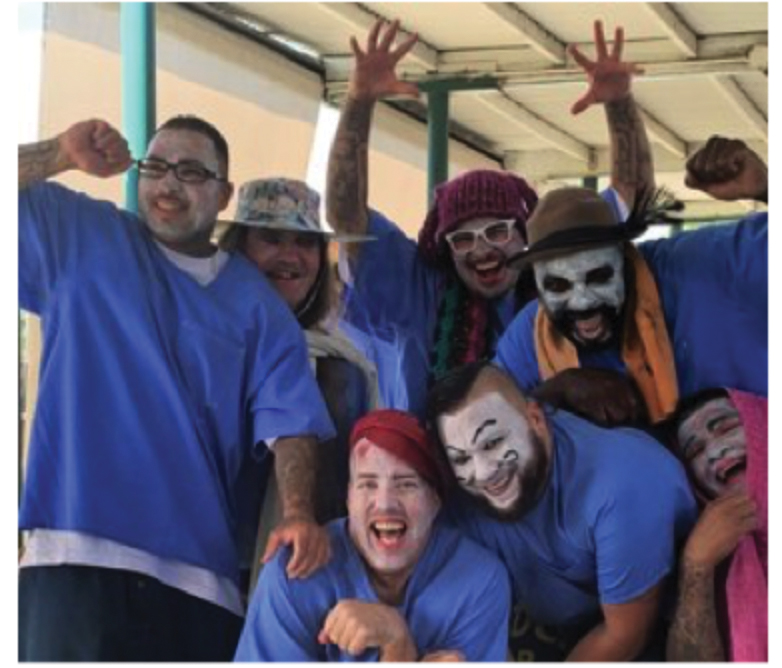
A rehabilitative program named the Actors’ Gang Prison Project, first started by actor Tim Robbins of Shawshank Redemption fame, provides incarcerated men and women a platform to share their personal stories through theater.
Founded in 1981 as an experimental ensemble, the program is celebrating its 40th anniversary and has become a beacon of hope for many incarcerated people, according to the LA Times.
Rich Loya is a co-director and ensemble member who joined the program in 2016 while incarcerated at Avenal State Prison. One year later, he was released to a reentry program, a development he credits to the Prison Project. The program currently runs in 14 California state prisons, one reentry facility, and an L.A. County probation camp.
“I did dozens and dozens of self-help classes, none that allowed me to reconnect with emotions. But this was the one class that I was able to reconnect with humanity, with myself, in a way that no other program or person gave me or taught me,” Loya told the LA Times.
Jeremie Loncka is the director of programming for the Prison Project and co-director of a project performance titled “(Im)migrants of the State.” Loncka began coming to the prison in 2010, noting to the LA Times that the project became more robust in 2012 due to increased funding.
The class enables incarcerated men and women to break down emotional barriers after participating in an intensive seven-day course. Sessions begin by providing space for each participant to share experiences from their day-to-day lives–whether good or bad–in a way that utilizes the group’s four pillars, “speaking from the heart, listening from the heart, being lean, and being spontaneous,” according to the LA Times.
“The part of it that keeps me coming back is the human side of getting to watch these breakthroughs,” Loncka said.
The Prison Project offers its audience a chance to see the vulnerability of the performers, who have come under compounding hardships in their own lives. Formerly incarcerated individuals also take part in the show, giving voice to the trauma of being labeled as a threat to society.
“We hope that what they [the audience] take away is that people do deserve a second chance. We’re showing what we could be, which is positive, influential members of society,” Loya said.